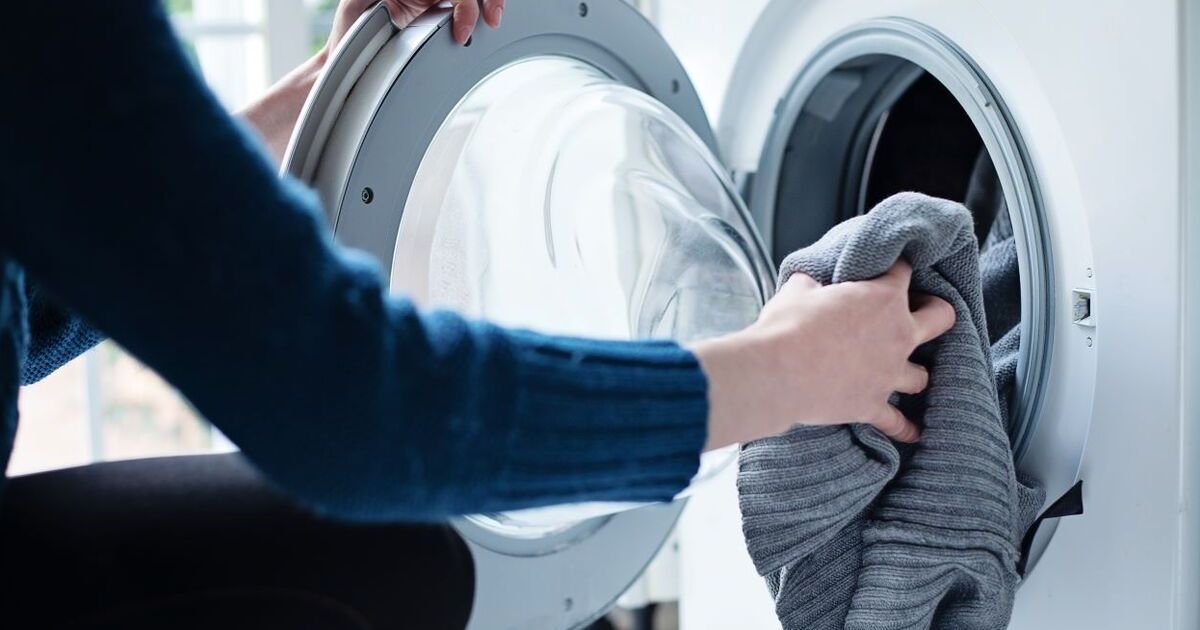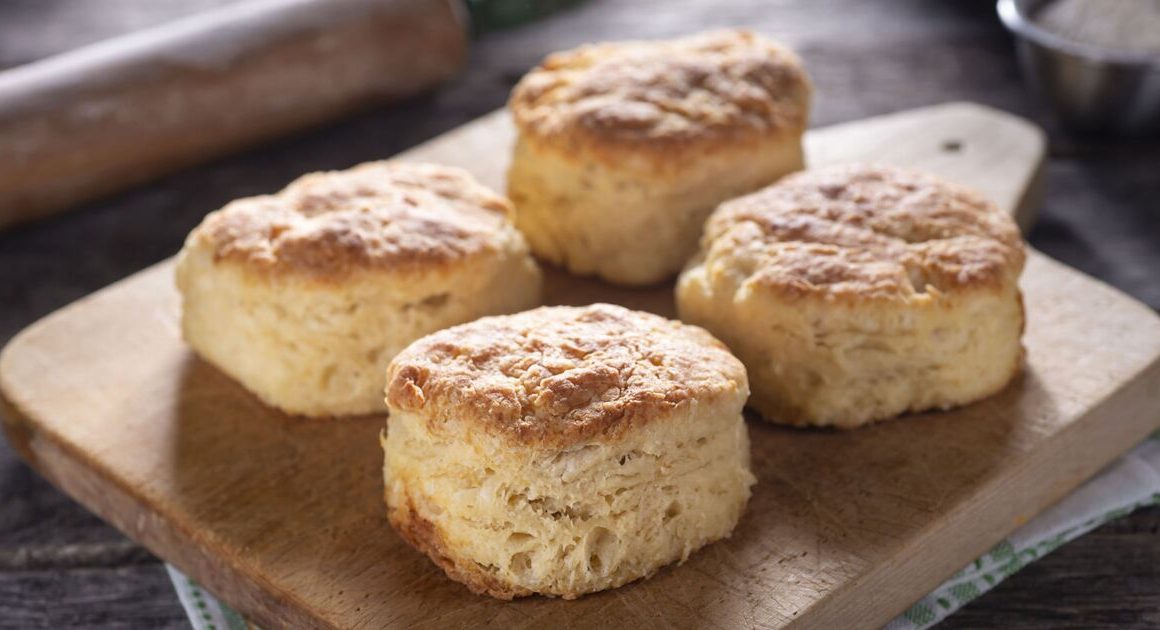With the cooler months approaching, many of us will be looking for ways to help cut down on our household bills.
In the wake of the energy crisis, prices may well have fallen since summer 2023, but are still higher than pre-crisis levels. With prices expected to increase again in autumn 2024, we must find ways to use our appliances as efficiently as possible.
Keeping your home heated, your family fed and ever-increasing laundry loads nice and clean can be an expensive business, with some everyday chores costing more than others.
According to The Energy Trust, washing machines, dishwashers and tumble dryers account for 14 per cent of a typical energy bill, making them the most energy-thirsty items in our homes.
The power they need to heat the water or air inside them means they use more electricity which can be costly, especially as many Brits pop a wash on every day.
With the mercury set to fall, heating bills are about to become an additional expense for UK households. To keep costs down where you can, there are seven simple changes that you can make to your laundry routine to help keep your machine operating at maximum efficiency.
Only run your machine during the ‘magic hour’
The experts say that it’s not just how you wash your clothes, but also when you wash them that makes a difference.
Most energy providers reduce their tariffs between the hours of 10pm and 8am. Leaving a wash on overnight is never recommended due to fire safety regulations, but early risers could still benefit from twilight prices.
Industry experts at Dr. Beckmann have suggested putting your washing machine on between 7am and 8am. This ‘magic hour’ is the cheapest time of day to get your washing done.
Getting the laundry out of the way early doors, also means you can get it out to dry before work or the school run, freeing up more time in your day.
Wash on a low heat
Washing your clothes at cooler temperatures and for less time, can greatly increase your machine’s energy efficiency – a 30-degree cycle can cut your washing machine’s energy use in half, in comparison to a 40-60-degree cycle.
These lower temperatures are more than capable of cleaning everyday items that are not heavily stained, meaning that most loads can be washed for less.
The NHS website states that you should wash underwear, towels and household linen at 60°C to prevent the spread of germs or at 40°C with bleach-based laundry products such as bio-based washing powder.
To help lower bills, save these items for a separate hot wash, and always use the ECO setting if there is one.
Avoid half loads
Trying to avoid washing half loads whenever possible is another way to save money. Full loads are a much more cost-effective option. If you must do a smaller load, always use the half-load programme if there is one.
That being said, always follow the guidance for your appliance, as an overstuffed washing machine may not do a thorough job.
But how do you know if you’ve overloaded your machine? According to the laundry experts at Ariel, an easy way to find out is using the 1-palm trick.
By placing your hand into your machine’s drum, you can see how much space is left. The perfect load is if you can’t fit anything else in the drum, just your hand and your laundry.
Keep your machine well-maintained
As appliances age, they can become less energy efficient. Washing machines are expensive so the best way to keep them working well for longer is to take good care of them.
According to the experts at The Energy Trust, it is important not to overload the drum as this could cause damage.
They also recommend cleaning the machine’s filter every month. Doing a monthly service wash (hot, without clothes) is also very sound practice.
Finally, ensure you always empty the pockets of clothing to prevent items from getting caught in the drain pump or damaging the drum.
Use bio capsules
For effective stain removal at lower temperatures, bio capsules or laundry liquid is by far the best. These detergents are better at breaking down dirt and stains during a colder wash, as they contain enzymes that can be activated at lower temperatures than non-bio products.
It is important to note, however, that non-bio detergents are better for sensitive skin as they contain less harsh enzymes.
Invest in some dryer balls
Dryer balls help to prevent laundry from clumping together in the dryer by tumbling between layers and separating fabric. This simple action allows warm air to circulate better which can even help reduce drying time.
The movement of the dryer balls against fabrics can also help fight wrinkles, prevent static and leave clothes feeling lovely and soft.
Limit the use of your tumble dryer
While tumbled dryers are incredibly handy, they are also the least energy-efficient appliance in our homes. Dry clothes on the line if the weather is warm enough and you have access to outside space.
Alternatively, place an airer in the warmest part of your home and close the doors – you’d be surprised how quickly clothes can dry, especially if you leave them overnight.












